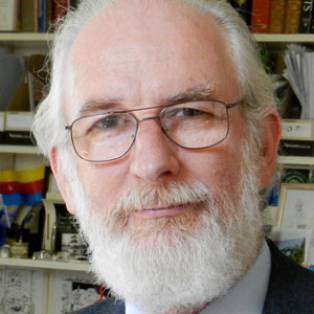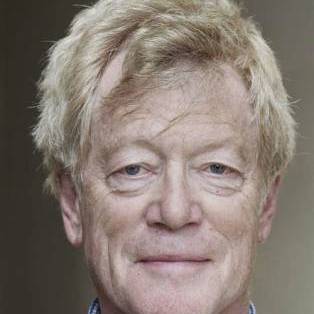{related_entries id="evnt_auth_1"} {/related_entries}, {related_entries id="evnt_auth_2"} {/related_entries} and {related_entries id="evnt_auth_3"} {/related_entries} .
Chaired by {related_entries id="evnt_chair"} {/related_entries}
The Future of Investigative Journalism
Thursday 27 March 2014
9:00am
1 Hour
Duration{related_entries id="evnt_loca"}The Future of Investigative Journalism{/related_entries}
Venue£11
Ticket priceThree newspaper and television journalists discuss the future for investigative journalism. The reporter’s craft has come in for a battering in recent years in the wake of the hacking scandal. The Guardian’s recent coverage of the activities of the American intelligence agencies brought it into conflict with the Government and led to questions about the legitimacy of its reporting. So, what does the future hold for investigative journalists and what are the methods they can use to get at the information that those in power might not want us to hear? Is it sometimes legitimate to cross the line in the pursuit of truth?
David Rose is a renowned investigative journalist who writes regularly for Vanity Fair and the Mail on Sunday. He has just published a debut novel, Taking Morgan, based on true events and his own investigations into the clandestine US role in Gaza in 2007. Robert Wainwright has been a journalist in Australia for more than 25 years. He is the author of Rose: The unauthorised biography of Rose Hancock Porteous, The Lost Boy, The Killing of Caroline Byrne and Sheila: The Australian Beauty Who Bewitched British Society. Stewart Purvis is professor of television journalism at City University London and a former editor-in-chief of Channel 4 News and chief executive of ITN. He is co-author of When Reporters Cross the Line, the true story of moments when the worlds of media, propaganda, politics, espionage and crime collide to throw journalism into controversy.
The session is chaired by Christine Spolar, investigations editor at the FT.


_martin_midgley__main.jpg)

__main.jpg)
